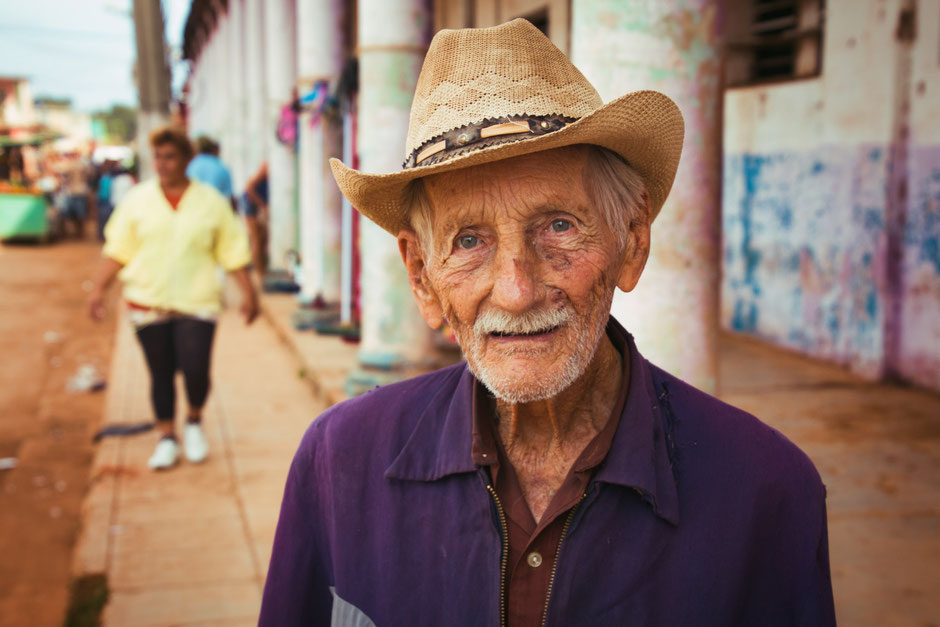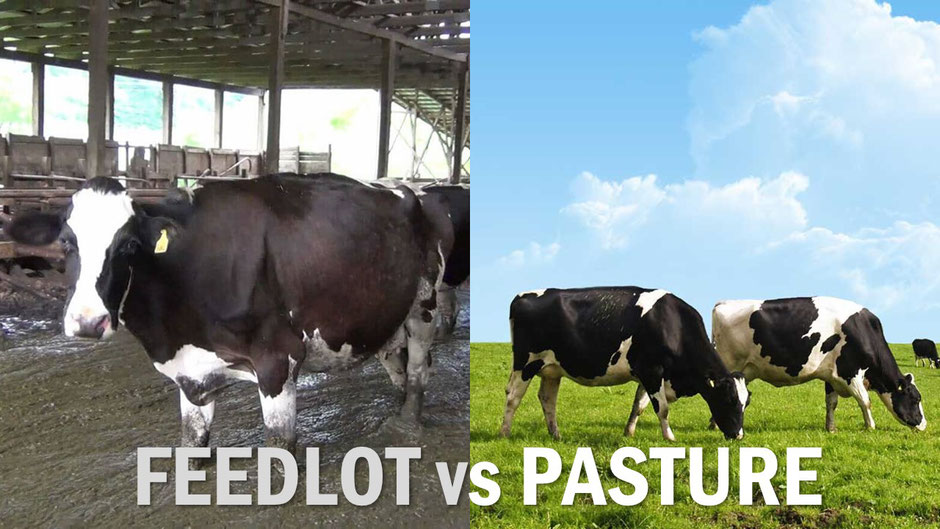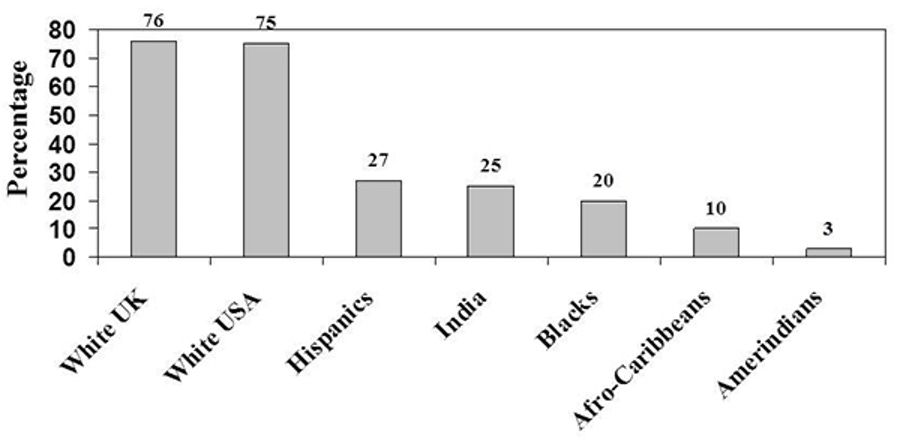The vegan and paleo crowd would have you believe that drinking milk is worse for your health than eating sticks of dynamite. The dairy industry says it’s the healthiest food in the world and essential for growing children and our bones. It certainly contains every single vitamin and mineral required to grow an entire mammalian life form – that is undisputable. The Singapore government recommends we all drink full fat milk but also recognises that 95% of Singapore born Chinese are Lactose intolerant[1]. Hmmm…

So, what’s the truth? We’re going to investigate using our S.A.P.C. methodology which never fails to deliver a lot more well-rounded understanding of a subject. Get stuck in and by the end you’ll know whether you should be drinking gallons of milk on a daily basis or eschewing anything vaguely dairy related at all costs!
“S” is for SCIENCE
There are hundreds of thousands of articles on milk and dairy in the scientific literature and it would be easy for us to cherry pick a few to support a dogmatic viewpoint. So, we won’t do that. We’ll let other people do it for us!
The Milk is BAD Camp

Dr. Dean Ornish
He’s the godfather of veganism and has published research proving the health benefits of a vegan diet. What studies does he use to back up his claims?
“A recent study done in Sweden found that cow milk drinkers had decreased bone density and higher mortality rates. On the other hand, a meta-analysis published in the journal Lipids concluded that cow’s milk reduced the risk of coronary heart disease, stroke, and hypertension, though the study concluded that more research needs to be done for a clearer understanding.” [2]

Dr. Loren Cordain
He’s the founder of the paleo diet and another published scientist.
“A 1993 epidemiological study by Drs. Artaud-Wild and co-workers involving 40 countries worldwide demonstrated that milk and its components (calcium, protein and fat) had the highest relationship with cardiovascular death rates for any food or nutrient examined. Similar results implicating milk consumption with high mortality from heart disease were reported by Drs. Renaud and De Lorgeril in 1989, by Dr. Appleby and co-workers in 1999, by Dr. Segall, and by Drs. Moss and Freed in 2003.” [3]
The Milk is GOOD Camp

Dr. Stephan Guyenet
French obesity researcher with a BS in biochemistry and a PhD in neurobiology. Also, with published scientific research.
“People who ate the most full-fat dairy had a 69% lower risk of cardiovascular death than those who ate the least. Otherwise stated, people who mostly avoided dairy or consumed low-fat dairy had more than three times the risk of dying of coronary heart disease or stroke than people who ate the most full-fat diary. Contrary to popular belief, full-fat dairy, including milk, butter and cheese, has never been convincingly linked to cardiovascular disease. What has been linked to cardiovascular disease is milk fat's replacement, margarine.” [4]

Dr. Francis M. Pottenger Jr.
In the mid-20th century Dr Pottenger conducted a series of experiments on cats.
“Pottenger began a ten-year study focused on variations in the diets of cats. The variables in his experiments included either raw milk versus cooked or raw meat versus cooked. Pottenger reported that the cats which were fed cooked meat and pasteurized milk suffered from impaired growth, increased birth defects and lowered fertility. He stated that their deterioration included "germ plasm injury" causing them to pass acquired anatomical defects to their offspring.” [5][9]
Unfortunately, this was one of the only studies ever done on raw milk vs pasteurised milk but it clearly demonstrated, in cats, raw milk = healthy, pasteurised milk = unhealthy.
So, from a science perspective, with regards to humans at least, the only thing we can conclude is that the results are inconclusive! But, if, pasteurised cats milk is unhealthy for cats and we know that pasteurised breast milk is unhealthy for babies. Could pasteurised cow's milk also be unhealthy for humans? Hold that thought!
“A” is for ANCESTRAL
Do you know what the Nicoyans from Costa Rica, the Abkhasians from The Caucasus and The Hunza from Northern Pakistan all have in common? They are in the famous “Blue Zone” group or centenarians that live an uncommonly long life. We covered these guys in more detail here.
Is milk or dairy part of their diet? The Abkhasians drink 1 or 2 glasses of matzoni a day - kefir made from the milk of cows, sheep or goats [6]. The Nicoyans get 25% of their daily calories from dairy [7]. And the Hunza, during the winter, consume a major part of the diet in the form of milk, buttermilk, yogurt, butter, and cheese [8].

To the Traditional Swiss living in the isolated Loetschental valley, raw dairy and, in particular, butter was a sacred food. Not a pale supermarket type butter, but a golden alpine butter made from the rich, beige cream of cows grazing on thick grass.
The children raised on this nutrient dense, raw butter had strong physiques, wide faces with plenty of room for their teeth, and a high resistance to disease. There wasn’t a single case of TB in Loetschental despite this illness raging elsewhere in Switzerland during the early part of the 1900s. [10]
This is quite a genetically diverse group covering peoples from Latin America, Eastern Europe, Western Europe and South Asia and would seem to indicate, from an ancestral perspective at least, that dairy is certainly not problematic. Indeed, Europeans have been consuming animal milk past childhood for 10,000 years. Surely enough time to genetically adapt?

“C” is for COMMON SENSE
Do you think it’s healthy to drink milk from cows that are kept in concentrated animal feedlots, knee deep in their own bovine feces, have access to little or no sunlight, fed an unnatural diet of mouldy grain deemed unfit for human consumption and pumped full of vaccines, growth hormones, antibiotics and other medical drugs? What does your common sense radar tell you?

This is basically all the milk consumed in the world today and all the milk that is part of scientific studies, rendering their conclusions basically worthless. Just take a look at this chart to see all the problems with modern commercial milk.

“P” is for PERSONALISATION
So, it appears that good quality milk, and dairy, could play a beneficial role. Whilst there are few well designed studies to back that up but we have plenty of ancestral wisdom and common sense that would indicate that milk and dairy can be a part of a healthy diet.
But it’s not for everyone.

Lactose Intolerance
Depending on where you‘re from, genetically, determines your innate ability to digest lactose after your childhood years and into adulthood. If you can’t digest lactose then consuming milk could be a problem although it is possible to build a tolerance to milk and dairy by training your gut bacteria with an experienced coach.

Food Allergies (IgA/IgG)
Often people have serious gut problems with milk that they may have developed over time from drinking poor quality milk or from alcohol, stress and antibiotic exposure creating a “leaky gut” There’s also a powerful 1-2 combo from milk + gluten that can cause big issues. Cow’s milk contains 10 different proteins that are not present in human milk and can particularly cause food sensitivity issues.
mTOR/IGF-1
Milk is chock full of growth hormones. Great for a young calf or a mini human! But what happens when we stop growing? What are those growth hormones going to grow? This is the link between milk and cancer that some suggest. It makes sense from a biochemical perspective. Possibly this is why our ancestors always consumed fermented dairy rather than drinking the milk straight up. The process of fermentation to make things like raw cultured butter, yogurt, kefir and cheese massively reduces the growth hormones in the milk so you’re left with more a more nutrient dense and health promoting product without the unwanted bits.

Wrapping Up
So how can we put this into practice?
- Milk is loaded with nutrients, if you’re nutrient deficient then topping up those nutrients, with milk, should more than offset the detrimental effects (growth hormones) as long as you don’t overdo it (see point 6).
- Raw milk from healthy animals is quite a different product to a heavily processed commercial pasteurised milk - but its controversial and hard to find. Normally the best you can do is organic, grass-fed, unhomogenised.
- If you’re an Asian adult, or from a genetic lineage that doesn’t have a lot of dairy in its history, I would avoid milk. You’re probably fine with butter, ghee and high fat dairy products. Cheeses and yogurts you need to test and see. Anyone who’s worried about potential health problems that you think might be linked to dairy, skip it as well. If you’re not sure - test.
- If you’re a child then I recommend breast feeding for as long as possible (ancestral tribes breast fed from 4 to 7 years - sorry mums out there!) Otherwise, organic, unhomogenised milk from 100% grass fed animals would be best. Camel, goat and sheep milk are all more similar to human breast milk than cow’s milk. Just understand that in most countries you can only get pasteurised milk so it WILL be harder to digest than breast milk which is always raw and unpasteurised. Check this 'shopping guide in Singapore for more.
- If you’re a rugby playing teenager or a strength training athlete then milk will help you gain size for sure. It may not be advisable to do it for too long though.
- If you have any kind of health conditions, gut issues, mold etc. avoid all milk. Get tested!
- From a nutritional standpoint yogurt, kefir and cheeses ARE a superfood. They are fermented nutrient dense powerhouses. They are often made from raw milk and even if they're not they have had the beneficial bateria added back in to make them more digestible. They also don’t have all the unwanted biproducts found in milk that are unnecessary for adults. However, if you are already getting all the nutrients you need from your diet you don’t necessarily need them. For most people, in the modern world, considering the abysmal quality of commercial produce we consume that’s unlikely. And it certainly didn’t do this chap any harm....
![José Delgado Corrales, from Costa Rica, was born in 1900 and is still going strong at age 121 in 2021. 60% to 80% of Nicoyans from Costa Rica eat dairy on a daily basis and it comprises 24% of their total calorie intake. [11]](https://image.jimcdn.com/app/cms/image/transf/none/path/s6aa8d64f628a469a/image/if2bc80ea9f7551f3/version/1619248008/jos%C3%A9-delgado-corrales-from-costa-rica-was-born-in-1900-and-is-still-going-strong-at-age-121-in-2021-60-to-80-of-nicoyans-from-costa-rica-eat-dairy-on-a-daily-basis-and-it-comprises-24-of-their-total-calorie-intake-11.jpg)
To Your Health, Happiness and Longevity
The Levitise Team
P.S. If you love this blog post then do check out our fortnightly newsletter where you'll get the freshest content on health, nutrition and fitness delivered straight to your inbox. Don't miss out and sign up here with just your name and email.
Footnotes
[1] Lactase deficiency in Singapore-born and Canadian-born Chinese, 1989. https://pubmed.ncbi.nlm.nih.gov/2743848/
[2] https://www.ornish.com/zine/got-milk-options-plenty-plant-based-milks/
[3] https://thepaleodiet.com/dairy-milking-worth
[4] http://wholehealthsource.blogspot.com/2010/04/full-fat-dairy-for-cardiovascular.html (funded by grants from The Australian National Institutes of Health)
[5] https://en.wikipedia.org/wiki/Francis_M._Pottenger_Jr.#Pottenger's_cats
[6] https://www.amazon.com/Healthy-100-Scientifically-Healthiest-Longest-Lived/dp/0345490118
[7] https://www.bluezones.com/exploration/nicoya-costa-rica/
[8] https://biblelife.org/hunza.htm
[9] https://price-pottenger.org/uncategorized/pottengers-cats-early-epigenetics-and-implications-for-your-health/
[10] https://www.thehealthyhomeeconomist.com/dairy-precedes-the-advent-of-agriculture-in-human-history/
[11] https://pubmed.ncbi.nlm.nih.gov/32492804/

Write a comment